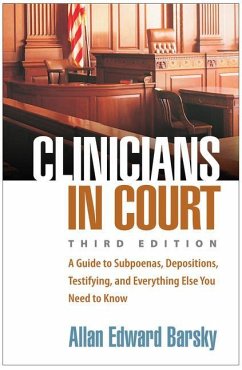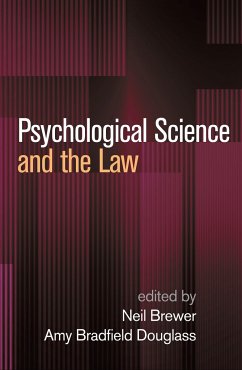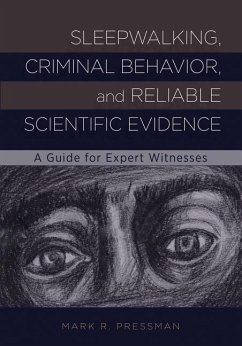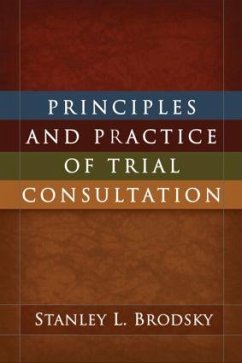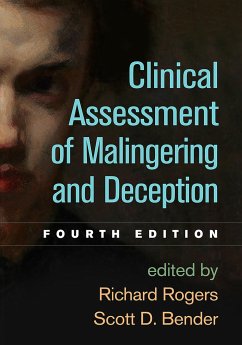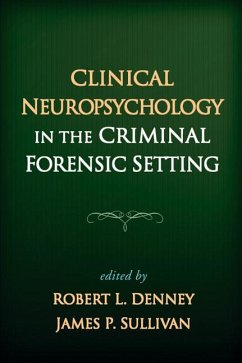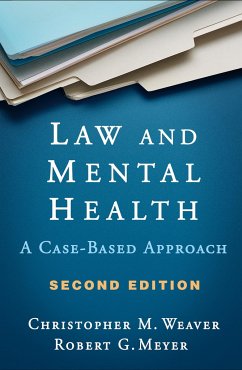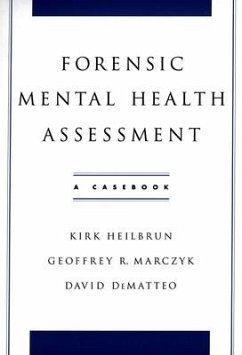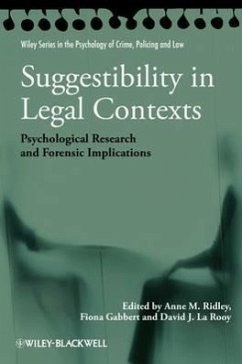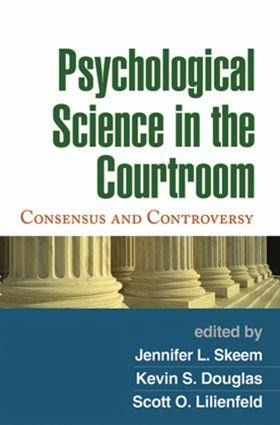
Psychological Science in the Courtroom
Consensus and Controversy
Herausgeber: Skeem, Jennifer L; Lilienfeld, Scott O; Douglas, Kevin S

PAYBACK Punkte
34 °P sammeln!
This rigorous yet reader-friendly book reviews the state of the science on a broad range of psychological issues commonly encountered in the forensic context. The goal is to help professionals and students differentiate between supported and unsupported psychological techniques--and steer clear of those that may be misleading or legally inadmissible. Leading contributors focus on controversial issues surrounding recovered memories, projective techniques, lie detection, child witnesses, offender rehabilitation, psychopathy, violence risk assessment, and more. With a focus on real-world legal si...
This rigorous yet reader-friendly book reviews the state of the science on a broad range of psychological issues commonly encountered in the forensic context. The goal is to help professionals and students differentiate between supported and unsupported psychological techniques--and steer clear of those that may be misleading or legally inadmissible. Leading contributors focus on controversial issues surrounding recovered memories, projective techniques, lie detection, child witnesses, offender rehabilitation, psychopathy, violence risk assessment, and more. With a focus on real-world legal situations, the book offers guidelines for presenting scientific evidence accurately and effectively in courtroom testimony and written reports.




